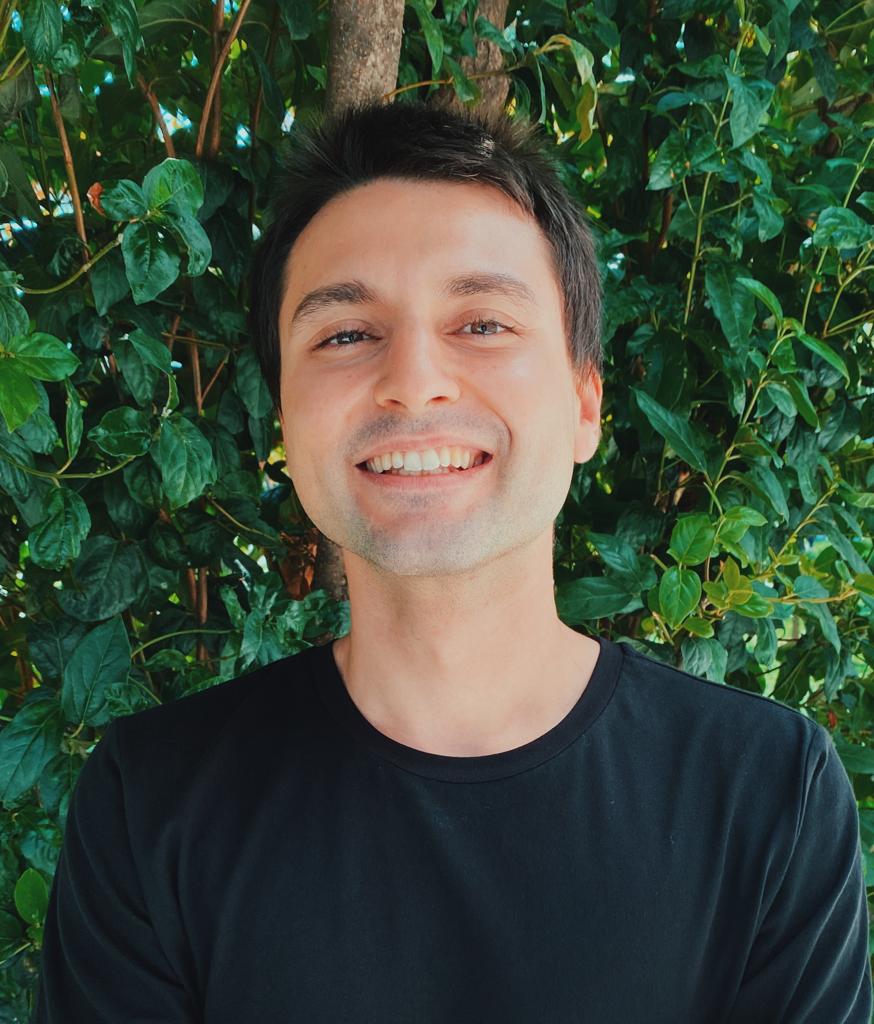A sustainability-focused urbanist integrating climate and heritage conscious solutions into socio-spatial transitions, urban development, governance, and research.
Area
Current Project(s)

A sustainability-focused urbanist integrating climate and heritage conscious solutions into socio-spatial transitions, urban development, governance, and research. He holds a BA in Urban and Regional Planning, an MSc in Urban Design, and an MA in Cultural Heritage Studies. As a Fulbright scholar, he participated in the Special Program for Urban and Regional Studies at MIT and The Hubert H. Humphrey Fellowship Program. He is working as a project manager and researcher at Wonderland. He has worked across Europe, the USA, and Turkey on projects involving climate action, urban design guidelines, neighborhood regeneration, municipal infrastructure, heritage management, social impact assessment, spatial planning, street design, urban research, and the adaptive reuse of public buildings. He co-founded of Urban.koop, an Urban Studies Cooperative that supports fair urban transitions in Turkey.
Wonderland at the PED-EU-NET Final Conference ‘Energising Neighbourhoods’ in Linz, 2-3 September 2024 Welcome to Linz, Austria, where the COST Action Positive Energy Districts European Network (PED-EU-NET) is hosting its
Wonderland recently participated in the Fanzineist Vienna Art Book & Zine Fair, presenting the YE-2C Project with the theme “Circular Steps for Circular Culture” In the Fanzineist Vienna we explored
POSEIDON project has announced a new initiative aimed at promoting the creation of Positive Energy Districts (PEDs) in the Mediterranean region. While the technical aspects of sustainable energy have been
Linz, a city grappling with the daily challenges of urban development and climate change welcomed the Symposium “More than a City” on April 18, 2024. Organized by the City of
Are urban spaces becoming asocial forms? We’ve recently participated in the Fourteenth International Conference on The Constructed Environment at the University of Vienna, organized by Common Ground Research Networks. This
Schönbühel-Aggsbach is inspiring not only for its amazing cultural landscape with castles on wine yards and beautiful forests but also for its dedicated community focused on clean energy transition. On